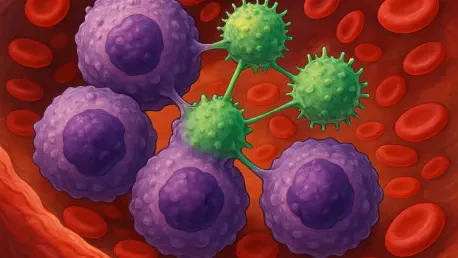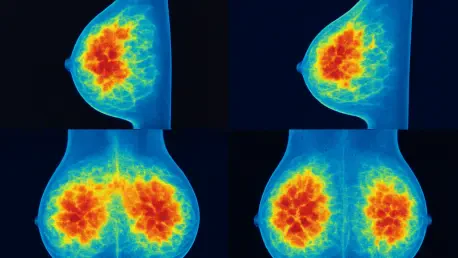
In a landscape where acute myeloid leukemia (AML) claims countless lives with a disheartening five-year survival rate hovering just above 30 percent, a recent discovery offers a glimmer of hope for those battling this aggressive blood cancer. Researchers at Lund University have uncovered a pivotal

In the intricate and often arduous world of drug discovery, where the journey from concept to cure can span over a decade and cost billions, a transformative tool has emerged to redefine the landscape. DeepMice, an innovative protein-ligand molecular docking model recently highlighted in Molecular

Imagine a world where the intricate architecture of breast tissue, crucial for understanding developmental biology and cancer risk, can be analyzed with the click of a button, transforming research efficiency. This vision is now a reality with MaGNet (Mammary Gland Network Analysis Tool), an

I'm thrilled to sit down with Ivan Kairatov, a renowned biopharma expert with extensive experience in research and development, and a deep understanding of cutting-edge technologies in the industry. Today, we’re diving into a groundbreaking advancement in mapping RNA-protein interactions—a

In an era where respiratory illnesses and environmental health risks pose significant challenges to public health, the quality of air within hospital walls has never been more critical to patient and staff safety. Hospitals, as sanctuaries of healing, must contend with invisible threats like

In a quiet corner of Devon, UK, Jason Yeo, a 54-year-old father of two and a traveling sales manager, faced a challenge he never saw coming—a prostate cancer diagnosis in April 2024 that could have easily slipped under the radar. With no prior health issues or noticeable symptoms, his story serves